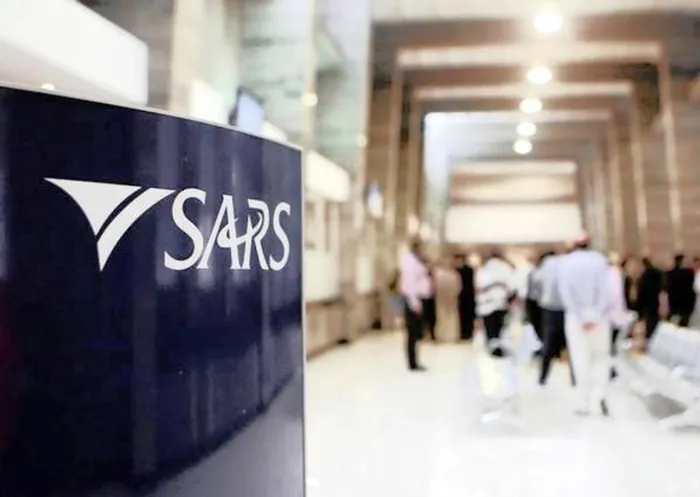Breaking down dual residency

As South Africa's influencer economy swells, many creators grapple with the intricate web of tax compliance. Tax clarity for South Africans earning offshore but potentially still tied to Sars.
Image: Ziphozonke Lushaba / Independent Newspapers
South Africa’s tax base continues to evolve in striking ways. South African Revenue Service (Sars) figures show that the number of individuals registered for tax increased from 25.9 million in 2023 to 27.1 million in 2024. Yet only 7.6 million of these were expected to file a return. At the same time, more than 38,000 individuals formally ‘tax migrated’ between 2017 and 2023, while the number of taxpayers reporting taxable income of zero or less climbed by nearly 576% over the past decade.
These numbers highlight two parallel realities. On one hand, more South Africans are registering as taxpayers, but on the other hand, we’re seeing large numbers reporting no taxable income at all, often because they’re working abroad, earning foreign income, or caught in a grey zone between jurisdictions.
It is in this grey zone that questions of dual residency and the application of tiebreaker tests become critical.
Why dual residency matters?
South Africa’s residency-based tax system means that tax residents are taxed on their worldwide income, while non-residents are taxed only on income sourced within South Africa.
Problems arise when an individual or company is treated as a resident in more than one country under each jurisdiction’s domestic law. This creates the risk of being taxed on the same income twice.
Dual residency is more common than many people realise. It is not only expatriates who have emigrated permanently. It could be a professional who spends eight months abroad but still returns to South Africa each year, or a South African owning a business incorporated offshore.
Understanding tax residency
For individuals, tax residency in South Africa is determined either by being ‘ordinarily resident’ or by meeting the ‘physical presence’ test. Ordinary residence is assessed case-by-case, based on where a person’s true home and life interests are centred. Failing that, Sars applies the physical presence test, which generally regards an individual as non-resident if they remain outside the country for a continuous period of 330 days.
Breaking residency usually triggers an exit tax, including a deemed disposal of worldwide assets for capital gains tax purposes. An alternative is to present Sars with a tax residency certificate from another country, supported by the necessary documentation.
For companies, residency hinges on either incorporation in South Africa or the location of their ‘place of effective management’. Multinationals often face disputes when these criteria differ across jurisdictions.
The role of Double Taxation Agreements and tiebreakers
Double Taxation Agreements (DTAs) are designed to prevent the same income being taxed twice. Most follow the OECD Model Tax Convention and include tiebreaker rules to assign residency to one country.
These treaties look at factors such as where an individual has a permanent home, where they habitually reside, and where their personal and economic ties are strongest. For companies, the key test is usually the place of effective management.
If residency cannot be resolved through the initial tests, a tiebreaker is applied via a Mutual Agreement Procedure between the two tax authorities. Taxpayers need residency certificates from both jurisdictions to trigger this process, and professional advice is strongly recommended.
Relying on assumptions is risky. We see many South Africans abroad filing nil returns to Sars while declaring income in another country. They assume this avoids double taxation, but, without checking the DTA or securing the right residency status, they could be exposing themselves to penalties or back taxes.
For South Africans living or working abroad, understanding tax residency is essential to avoiding unnecessary tax exposure. Each case is highly fact-specific, and DTAs can offer relief – but only if they are applied correctly.
* Lawson is the business development consultant at Sovereign Trust (SA).
PERSONAL FINANCE